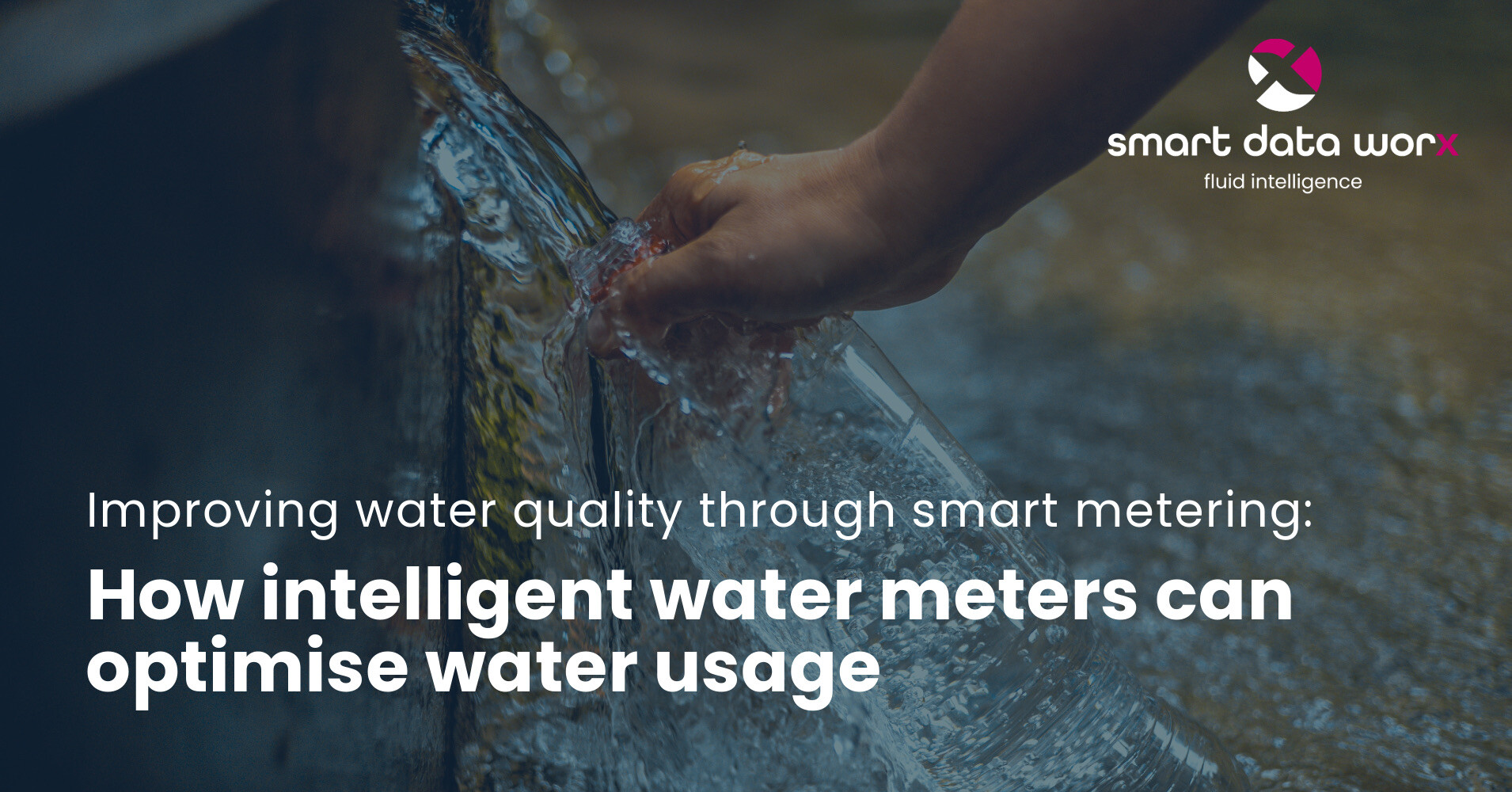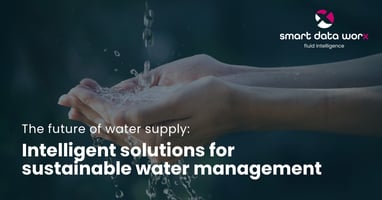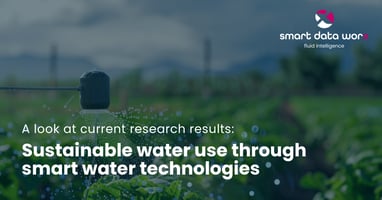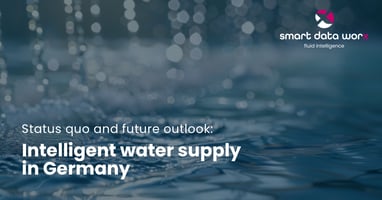Water is the elixir of life on earth, indispensable for humans, animals and plants. Global warming,...
Improving drinking water quality through smart metering

The availability of clean drinking water and the sustainable use of water resources are global challenges that will continue to grow in importance in the future. In many parts of the world, population growth, urbanisation and climate change are putting increased pressure on water supply systems. Technologies such as smart metering, in particular the use of intelligent water meters, offer a wide range of opportunities to meet these challenges. They can help to organise water consumption more efficiently and maintain drinking water quality.
What is smart metering?
Smart metering refers to the use of intelligent measuring devices to record and transmit consumption data in real time. These technologies are used in various areas such as electricity and gas supply and increasingly also in the water industry. Smart water meters are able to monitor water consumption precisely and continuously, analyse the data and make it available to both consumers and supply companies. Data is usually transmitted via wireless networks or the Internet of Things (IoT).
How do smart water meters help to optimise water usage?
Smart water meters not only enable more accurate and transparent billing, but also help to reduce water wastage and utilise the resource in a more targeted manner. The following section highlights some of the key ways in which smart metering can help optimise water usage:
Early detection of leaks and water loss
Water loss due to laking pipes is a major problem in many cities around the world. According to a study by the World Bank, up to 50% of water in developing countries is lost through undetected leaks. In Germany, too, the majority of drinking water pipes are more than 40 years old and increasingly leaky. Intelligent water meters detect irregular water quantities that indicate leaks and inform the user or the utility company in real time. This enables a rapid response and prevents water wastage in the long term.
More precise consumption monitoring and transparency
Traditional water meters only measure consumption at long intervals. Smart meters, on the other hand, record consumption in real time and make this data available to consumers via apps or web portals. This increases awareness of their own water consumption and motivates them to use water more responsibly. A transparent presentation of water consumption can have a positive influence on consumer behaviour and lead to saving
Optimisation of water use in agricultural and industrial processes
Smart water meters also play an important role in agriculture and industry. In agriculture, they can help to optimise irrigation cycles by determining the water requirements of plants more precisely and thus avoiding unnecessary water consumption. In industry, smart metering technologies enable precise monitoring of water consumption and water wastage, allowing production processes to be optimised.
Protection of water quality
In addition to quantity, smart metering can also contribute indirectly to safeguarding water quality. By monitoring water pressure and detecting contamination or sudden drops in pressure, suppliers can take immediate action to protect drinking water quality. For example, potential sources of contamination can be quickly identified and eliminated. This is a particularly relevant optimisation for development goal 6.1, as ‘universal and equitable access to safe and affordable drinking water for all’ is to be achieved by 2030. Sub-goal 6.3 ‘Improve water quality, recycling and safe reuse’ is also relevant.
Energy savings through optimised water infrastructure
Da Pumpen und Wasserversorgungssysteme viel Energie benötigen, können intelligente Wasserzähler zur Verbesserung der Gesamtenergieeffizienz beitragen, indem sie Ineffizienzen oder Lecks frühzeitig erkennen. Eine effizientere Wassernutzung führt in vielen Fällen auch zu einem geringeren Energieverbrauch, was wiederum die Betriebskosten senkt und die CO₂-Emissionen verringert.
Real-life examples of the use of smart metering
London
Thames Water, the UK's largest water supplier, has been using smart water meters for several years. These make it possible to monitor water consumption in real time and react immediately to leaks or unusual consumption. The transparent information on water consumption has significantly reduced water losses and increased customer satisfaction.
Singapur
The city of Singapore, which is known for its advanced water management solutions, has introduced intelligent water meters as part of its ‘Smart Nation’ programme. These meters help to minimise water loss and optimise water usage. Singapore has set ambitious targets for water efficiency and is using smart metering to achieve these goals.
Kalifornien
In view of the frequent periods of drought, California is increasingly relying on smart water meters to optimise its water supply. Cities such as San Francisco and Los Angeles have introduced smart systems that monitor water consumption in real time and inform consumers of unnecessary water use. This has led to significant water savings, especially during dry periods.
Future prospects for smart metering in water management
The future of smart metering is promising as technological progress, particularly in the areas of IoT and data analysis, continues to increase. Smart metering is expected to become the standard in urban and rural areas from 2030.
- Integration of artificial intelligence (AI): Future smart metering systems will be able to use AI algorithms to analyse water consumption and make accurate predictions about future consumption patterns. This could help to better respond to water shortages and develop long-term strategies for dealing with water scarcity.
- Connecting with smart cities: Intelligent water meters are an essential part of smart cities, where different systems such as energy, water and waste management are interconnected. The integration of smart metering into these networked systems could enable even more efficient use of resources.
- Improving water utilisation in developing countries: In many developing countries, the use of smart metering could help to improve access to clean water and better manage the availability of water resources. However, this requires investment in the corresponding infrastructure.
Conclusion
Smart metering offers a forward-looking solution for improving water utilisation and drinking water quality. The use of smart water meters can reduce water losses, conserve resources and at the same time increase transparency and consumer awareness. Concrete examples from London, Singapore and California already show how effective this technology can be. With further technological development and the increasing integration of smart metering in cities and rural areas, smart water meters will play an increasingly important role in global water management in the coming years.


